Robert Crumb puts America’s racist, misogynist Id on paper with self-implicating obsession. Terry Zwigoff’s 1995 documentary on the underground cartoonist and his even further out family is reissued as the channels for such purging, pungent art have contracted further, zealously policed by Left and Right dreams of moral perfection.
Filmed over eight years, Zwigoff shows the Philadelphia housing project where the Crumb family lived an outwardly respectable, privately maniacal post-war life, and Robert sketching the late 20th century streets of San Francisco, site of his early triumph with underground comix such as Zap, which intersected with the rock counter-culture after acid blew Crumb’s art open.
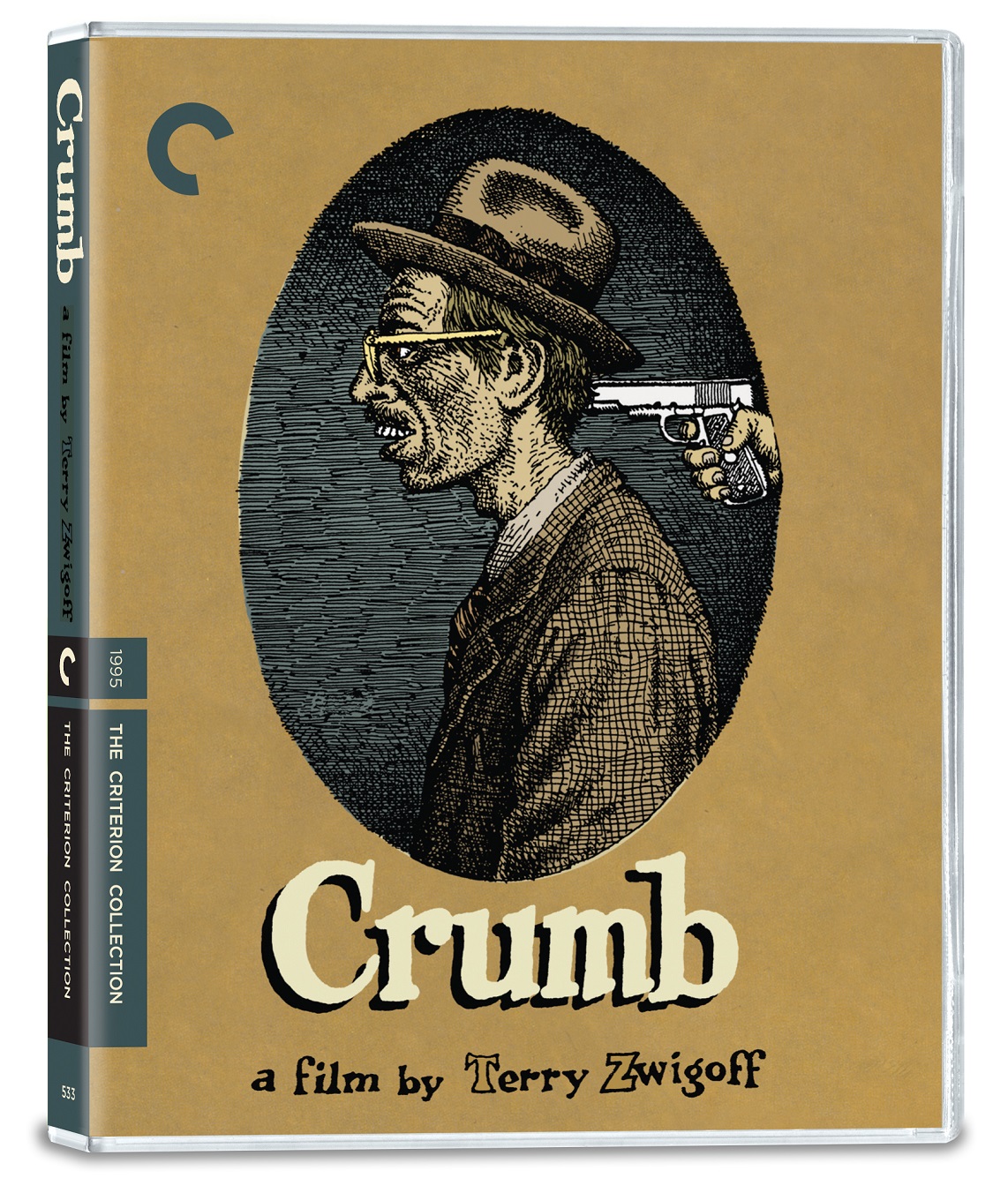 Zwigoff surveys the resultant 1965-67 creative gusher in a mind-bending montage including Big Brother and the Holding Company’s Cheap Thrills album sleeve, dubious guru Mr. Natural and creepy funny animal Felix the Cat. Celebrity gave the sex-starved Crumb grateful access to women, but he preferred jazz 78s to rock’n’roll, going on to express his misanthropy in the seedy nebbish image familiar from later strips: the straw boater and shabby suit Zwigoff depicts as he shambles aghast through the then modern world. Crumb’s superficial similarity to the vintage jazz-loving Woody Allen is remarkable, and if not for the WASP fear and self-loathing recounted here, he would seem a natural kvetching Jewish-American anti-hero.
Zwigoff surveys the resultant 1965-67 creative gusher in a mind-bending montage including Big Brother and the Holding Company’s Cheap Thrills album sleeve, dubious guru Mr. Natural and creepy funny animal Felix the Cat. Celebrity gave the sex-starved Crumb grateful access to women, but he preferred jazz 78s to rock’n’roll, going on to express his misanthropy in the seedy nebbish image familiar from later strips: the straw boater and shabby suit Zwigoff depicts as he shambles aghast through the then modern world. Crumb’s superficial similarity to the vintage jazz-loving Woody Allen is remarkable, and if not for the WASP fear and self-loathing recounted here, he would seem a natural kvetching Jewish-American anti-hero.
Zwigoff is equally intrigued by the lives and art of Crumb’s brothers Charles and Maxon, having spent a Seventies stopover at the eccentric family’s Philly homestead. Dad “wanted at least one of us to be a Marine”, Robert tells Zwigoff, Mum was an “amphetamine addict”, and their marriage a loveless battleground. Charles was a “great artist” at 17, Robert recounts, and he still dominates his younger brother despite spending later decades confined to his bedroom, windows chain-smoke yellow, his sardonic intellect doused with pills (Charles pictured below with Robert). Maxon lives in a Frisco flophouse, sleeps on a bed of nails, panhandles and paints. Skins are pasty from lives spent buried in this other kind of American underground, the siblings maybe seeming more repulsive now, in a society ever more attuned to health and conformity. Robert is meanwhile filmed in the orderly sanctuary of his own family home’s record-lined study, composed and even handsome in soft evening lamplight, safe from childhood chaos.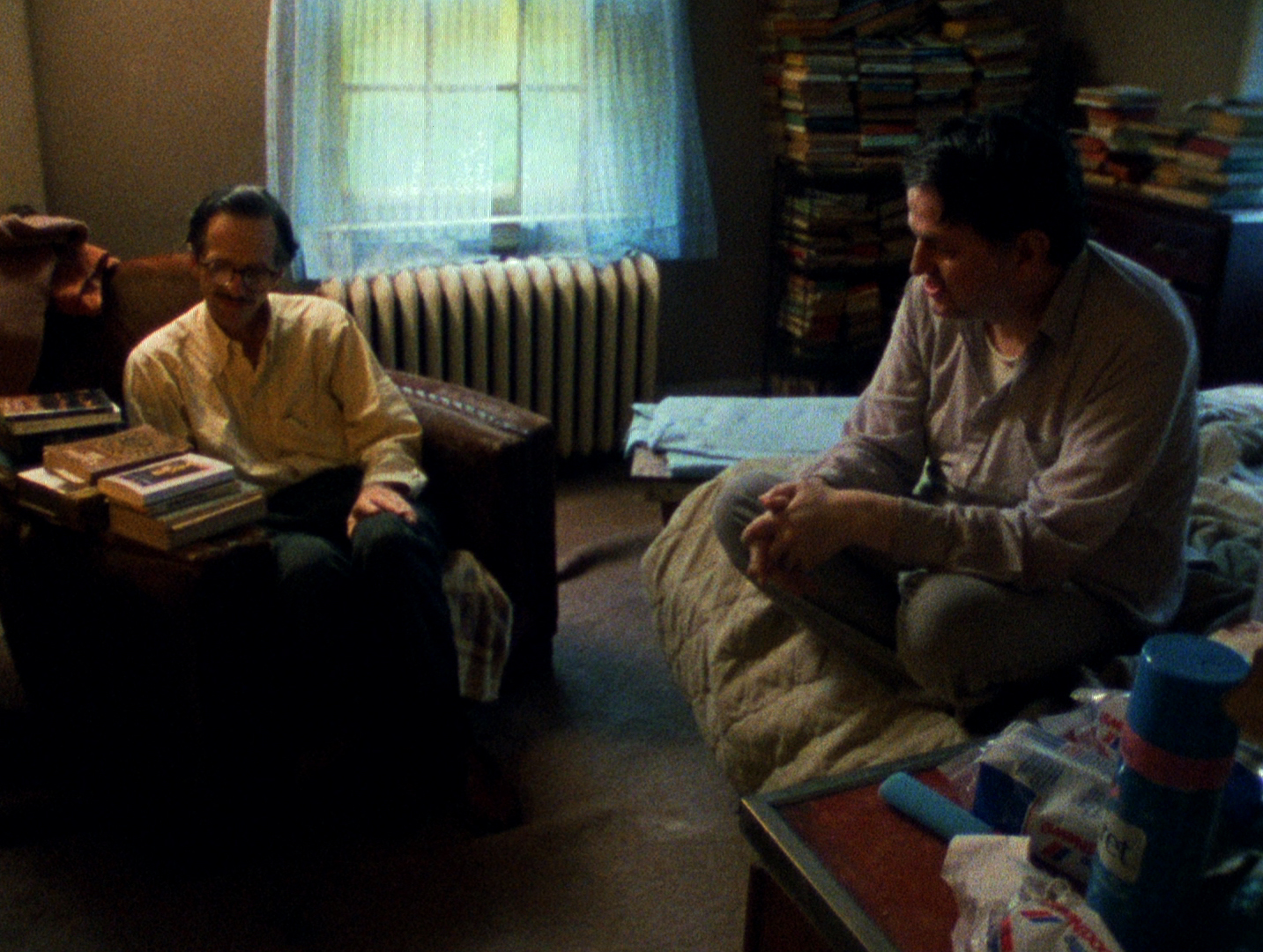 Crumb’s early work at a greeting card company parallels fellow Pennsylvanian outsider Andy Warhol’s commercial illustration, apprenticeships both quit to transmute American pop culture into brightly appealing, darkly revealing forms. But where Warhol hunted fame, Crumb rejected the “brainwashed cuteness [the card company] laid on me”, which had helped the “sweet romantic vision” his first wife Dana saw in his early hits, and scotched further opportunities for considerable fortune – a Stones sleeve, Saturday Night Life. Whacking Felix the Cat with an icepick, Crumb pushed off into his sensibility’s deeper currents.
Crumb’s early work at a greeting card company parallels fellow Pennsylvanian outsider Andy Warhol’s commercial illustration, apprenticeships both quit to transmute American pop culture into brightly appealing, darkly revealing forms. But where Warhol hunted fame, Crumb rejected the “brainwashed cuteness [the card company] laid on me”, which had helped the “sweet romantic vision” his first wife Dana saw in his early hits, and scotched further opportunities for considerable fortune – a Stones sleeve, Saturday Night Life. Whacking Felix the Cat with an icepick, Crumb pushed off into his sensibility’s deeper currents.
“I have these hostilities towards women,” he tells a female journalist. “It ruthlessly forces its way out of me onto the paper.” Zwigoff lingers over every page of “A Bitchin’ Bod” (1992), in which Mr. Natural seemingly reduces a Crumb-idealised body to a headless aperture for fucking. Zwigoff canvases indulgent and appalled ex-girlfriends, wives and female cartoonists, former Mother Jones editor Dierdre English remarking on the nuclear family incest strip “Joe Blow” (1969), “you sense that Crumb is getting off on it…part of an arrested juvenile vision”. Time’s late, muscular art critic Robert Hughes lauds Crumb as “the Breughel of the last half of the 20th century”, but pipes down on learning that he does indeed sometimes get off on his fetish-indulging art. As with Angelfood McSpade, an early character composed from racist caricatures who only a Spike Lee or Boots Riley could conceivably conjure now, his impulses are filtered only by his self-aware wit. “It has to be something that I’m revealing to myself as I’m doing it,” he tells Zwigoff as he inks his unmistakable, ugly-beautiful line. Rather than clean up our psychic mess, Crumb and Crumb let it all hang out.
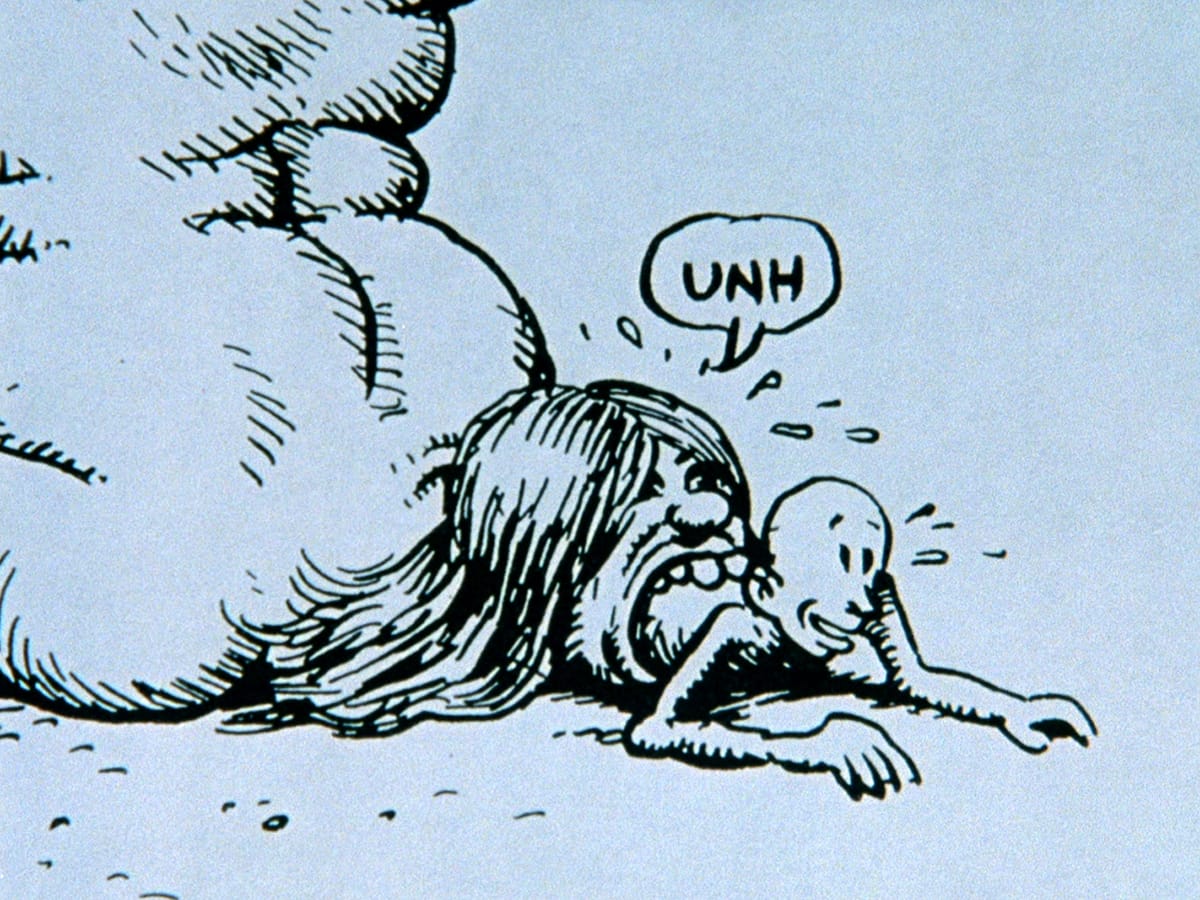 The last time I checked in, 2016’s Zap Comix No. 16 found Crumb established in rural France, his misanthropic seam finally nearing exhaustion as he and wife Aline Kominsky-Crumb tag-teamed breezy one-pagers, softened and almost sentimental.
The last time I checked in, 2016’s Zap Comix No. 16 found Crumb established in rural France, his misanthropic seam finally nearing exhaustion as he and wife Aline Kominsky-Crumb tag-teamed breezy one-pagers, softened and almost sentimental.
This Criterion disc adds no new extras, but its 50 minutes of outtakes include Crumb revealing his file of old pulp and soft porn titles, fuel for his perverse Americana. Zwigoff’s comprehensive commentary confesses to faking test screening cards to request “more Charles”, despite appalled audiences begging for less.

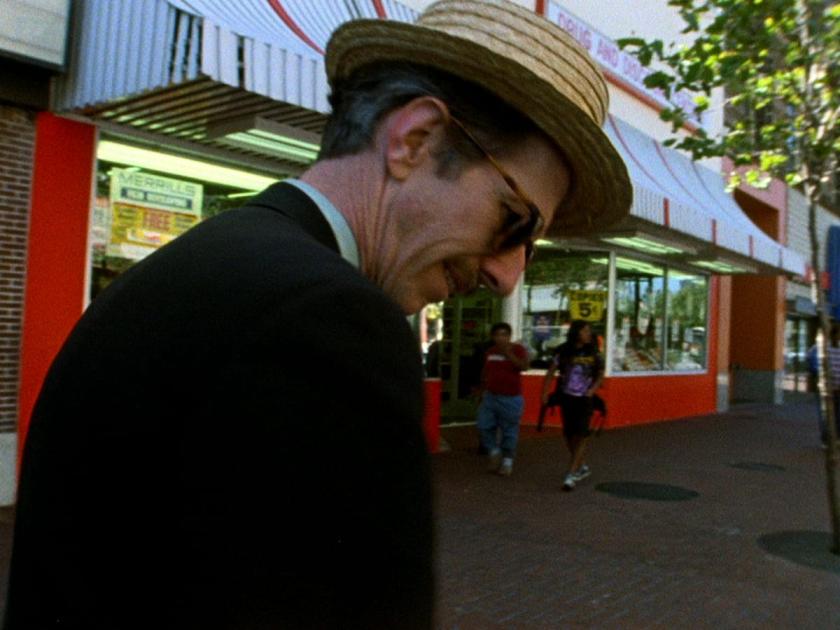




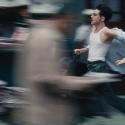








Add comment